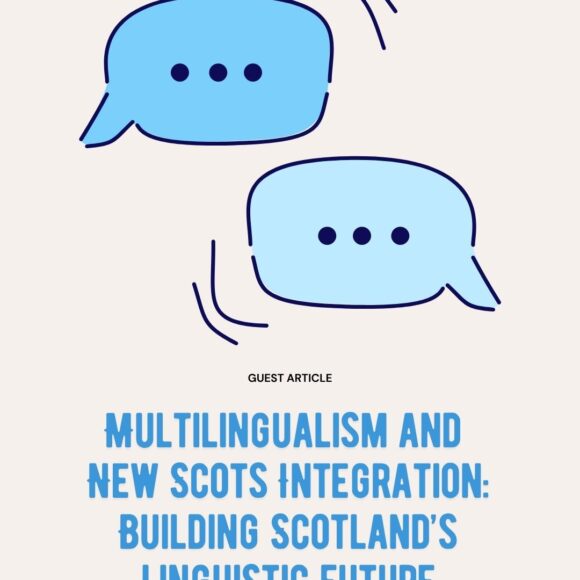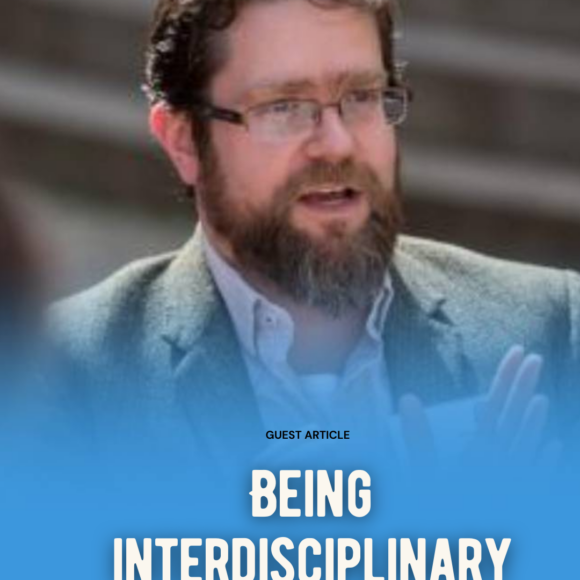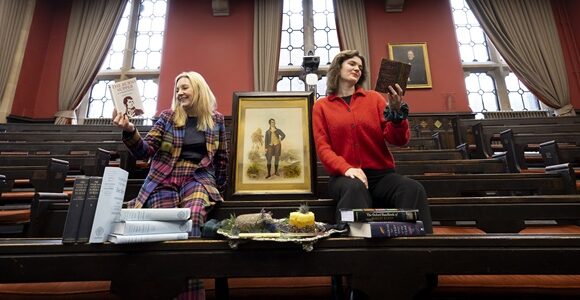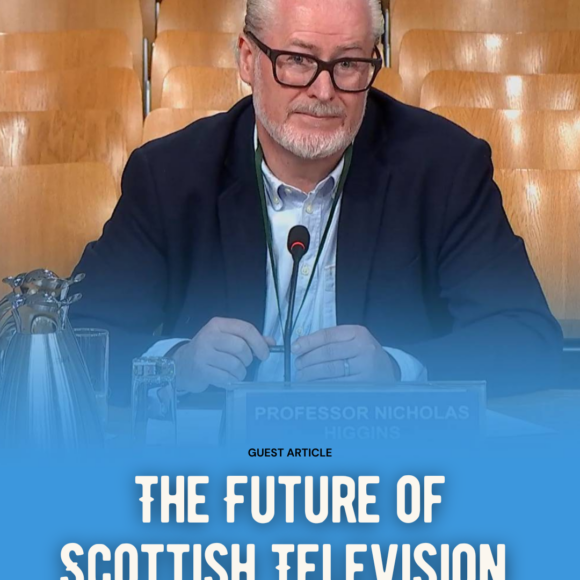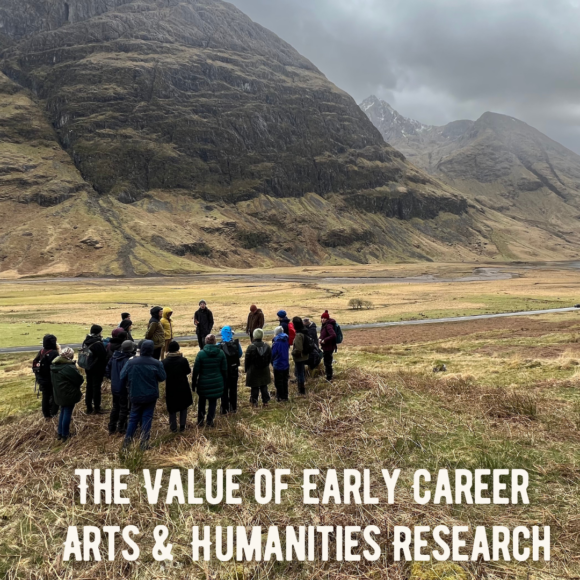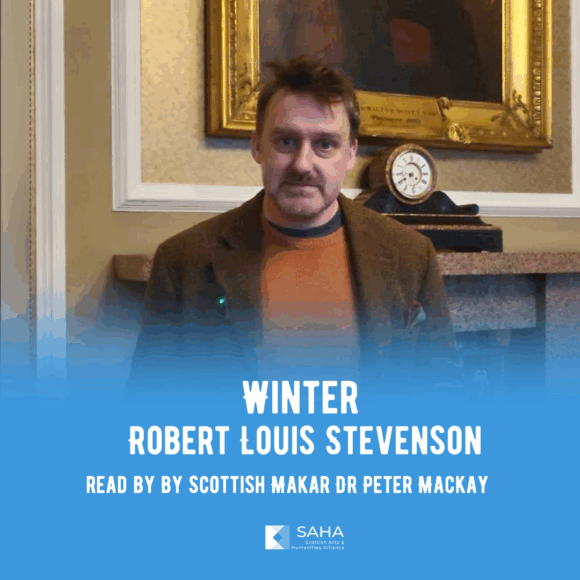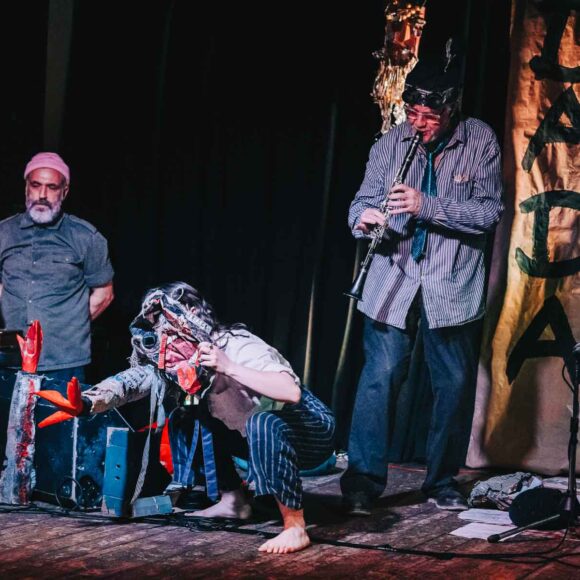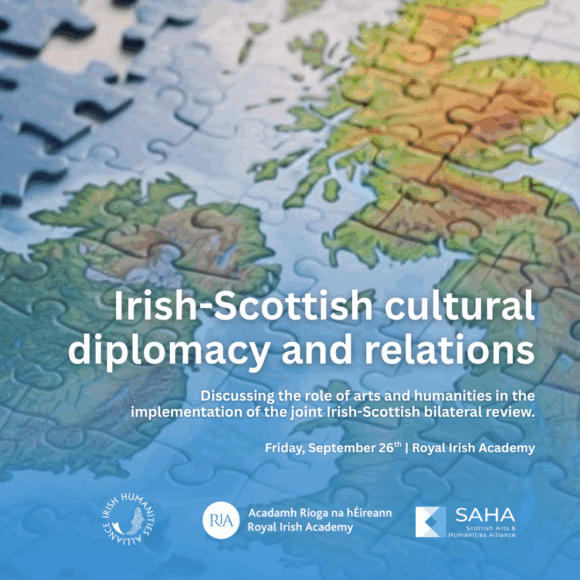As winter loosens its grip and the first signs of spring emerge, Dr Rachael Flynn, a Senior Lecturer at the University of the West of Scotland (UWS), reflects on the importance of St Brigid’s Day (Lá Fhéile Bríde).
Traditionally marking the festival of Imbolc, St Brigid’s Day signifies the transition from darkness to light, embodying hope, creativity, and new beginnings, as well as providing an opportunity for a moment of reflection and renewal.
Earlier this year, on January 30, Glasgow City Council and the Consulate General of Ireland, with support from Donegal County Council, hosted Celebrating St Brigid’s Day – Marking the Contributions of Irish Women, an event that illuminated the rich legacy of Irish women in Glasgow and Scotland. Through discussions, archive exploration, and visual storytelling, the event highlighted the often-overlooked narratives of women within the Irish diaspora, and their cultural impact.
During the event, Dr Flynn presented work exploring familial migration between Ireland and the West of Scotland, focusing on the gendered dimensions of migration. Principally, how women’s personal and collective histories are remembered, interpreted, and reimagined across and through generations, tracing the emotional and cultural legacies that continue to shape diasporic identities.
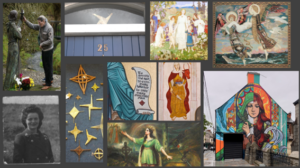
Reflecting on the discussions, Dr Flynn noted, “Creative forms have always been a way for communities to express their histories, struggles, and triumphs. In particular, such formats and cultural practices are invaluable when opening these experiences up in more formal ways can be difficult”.
Building on this, she reflected on how both mythical and personal stories hold deep emotional significance across generations. “As we celebrated St. Brigid and the stories that surround her, I am reminded that the memories and narratives of women—whether legendary figures like St. Brigid or personally significant figures like my own grandmother—remain powerful. Their impact goes beyond history or mythology; these stories help us navigate our present, offering wisdom, connection, and a sense of belonging”.
For Dr Flynn, storytelling is not just about preserving the past but about understanding the present and shaping the future. “These stories matter because they do so much: they connect us to each other, help us express and release emotions, and create new and deeper understandings. As an artist, I seek to honour the experiences and lives of Irish women from my own past, exploring how their stories continue to echo through generations, shaping how we see ourselves and take inspiration from those who came before us.”
The event not only honoured the legacy and stories of women from our past but also laid the groundwork for future conversations about heritage, identity, and the power of creative expression.

However, Dr Flynn noted, “as we reflect on these narratives, it is equally important to consider the voices that remain unheard, the histories that are fragmented or lost, and the experiences that resist traditional forms of documentation. Expanding the ways we record and represent women’s histories – through art, oral storytelling, performance, and lived testimony – ensures a richer, more plural understanding of our past. It is through these creative and diverse approaches that we can honour not only the stories that have been passed down but also create space for those yet to be told.”
Professor Nick Higgins, Director of the Creative Media Academy at UWS and member of SAHA’s Steering Group, remarked on the significance of the event:
“Dr Flynn’s involvement underscores UWS’s commitment to cultural heritage and gender equality. There are deep historical ties between Donegal and Glasgow, with thousands of untold stories waiting to be explored. Events like this ensure those voices are heard and remembered.”
As we move further into spring, the spirit of St Brigid’s Day reminds us that storytelling, art, and community are vital in shaping our shared histories. We remain captivated by women like Brigid, not just because of their historic or mythic status, but because their stories help us understand and navigate our present. They carry forward messages and lessons from the past, offering a means to connect with something beyond ourselves – whether that be ancestry, culture, or the emotional landscapes of those who came before us.
Dr Rachael Flynn is Senior Lecturer at the University of the West of Scotland (UWS), a multidisciplinary artist and researcher. As an artist and researcher, she blends artistic disciplines – including sculpture, drawing, painting, film, printmaking, performance, and creative writing – with scholarly approaches such as narrative inquiry, autoethnography, and practice-based research. Her work explores themes of diaspora, migration, autobiographical practices and storytelling, with a particular focus on women’s lived experiences. By engaging with physical landscapes and tangible artefacts (including letters, photographs, and domestic objects), as well as ephemeral sources like oral storytelling and folklore, Flynn examines how memory, identity, and emotion intersect within diasporic narratives.
Dr Flynn is currently working on a manuscript, scheduled for publication in 2027, that examines the lives and personal accounts of women from the Blasket Islands, County Kerry, Ireland. The project explores their narratives and accounts of their female experiences, including the work of renowned Irish seanchaí Peig Sayers. This research has been supported by a residency with the Blasket Centre and OPW Ireland, alongside a Creative Media Academy (UWS) bursary.
